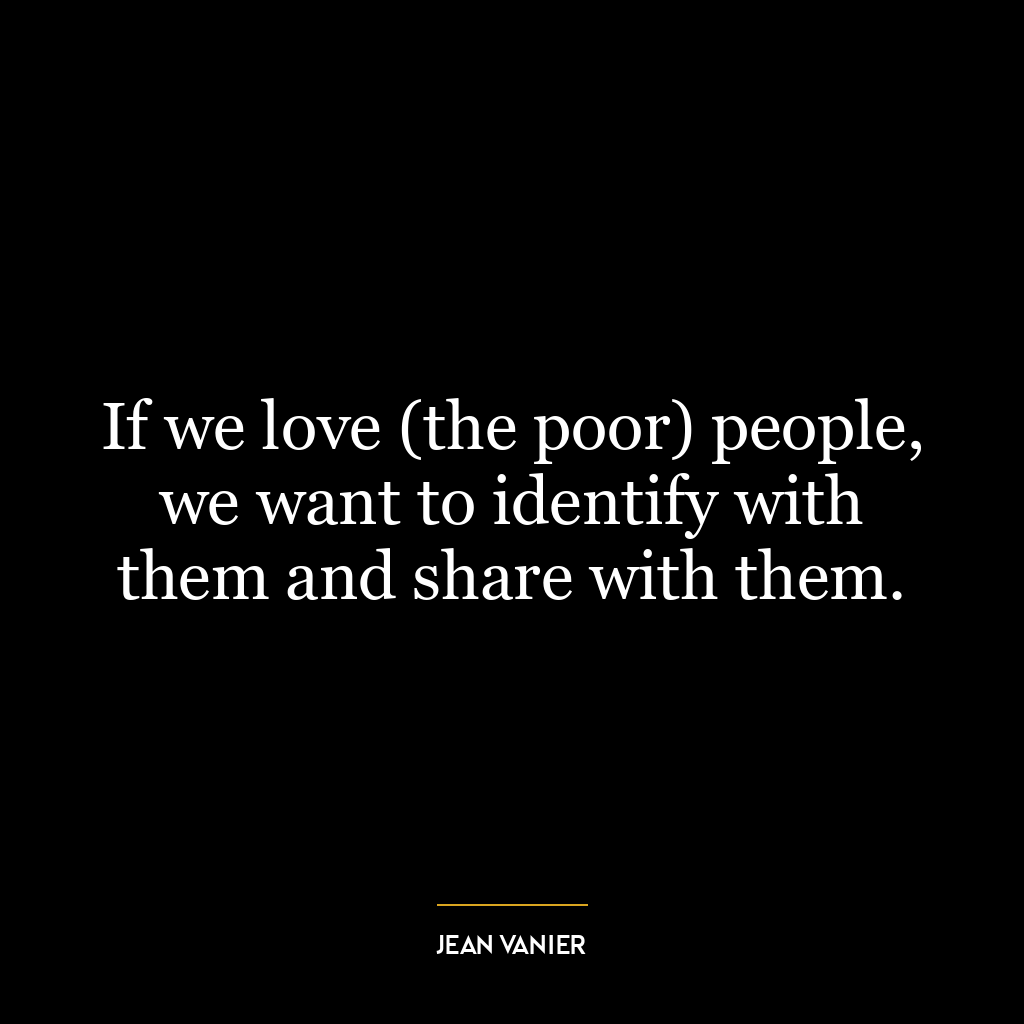This quote is a profound expression of compassion and empathy, key elements of human morality. It suggests that our actions should be guided by an intention to help others, and if we are unable to do so, we should at least refrain from causing harm. This principle can be seen as a fundamental rule of ethical behavior, emphasizing the importance of kindness, understanding, and respect for others.
In the first part of the quote, “If you can, help others,” the speaker encourages active compassion. This means that if we have the resources, knowledge, or abilities to aid others in their struggles, we should do so. It’s not just about material help, but also emotional and psychological support. It’s about making a positive impact on someone’s life, no matter how small it may seem.
The second part, “if you cannot do that, at least do not harm them,” acknowledges that there may be situations where we are unable to provide help. However, this does not give us the right to harm others, whether physically, emotionally, or otherwise. It’s a call for respect and understanding of others’ circumstances and a reminder that our actions, words, and decisions should never inflict pain or suffering.
In today’s world, this quote is highly relevant. We live in a time of immense social, political, and environmental challenges. While it may feel overwhelming to try and solve these issues, this quote reminds us that we all have a role to play. We can contribute positively by volunteering, donating, educating ourselves and others, or simply by being more understanding and compassionate in our daily interactions.
In terms of personal development, this quote encourages us to cultivate empathy and kindness. It urges us to think about the consequences of our actions and how they affect others. It also reminds us that personal growth is not just about self-improvement, but also about how we relate to others and the world around us. By striving to help others and, at the very least, not cause harm, we can become better, more compassionate individuals.











